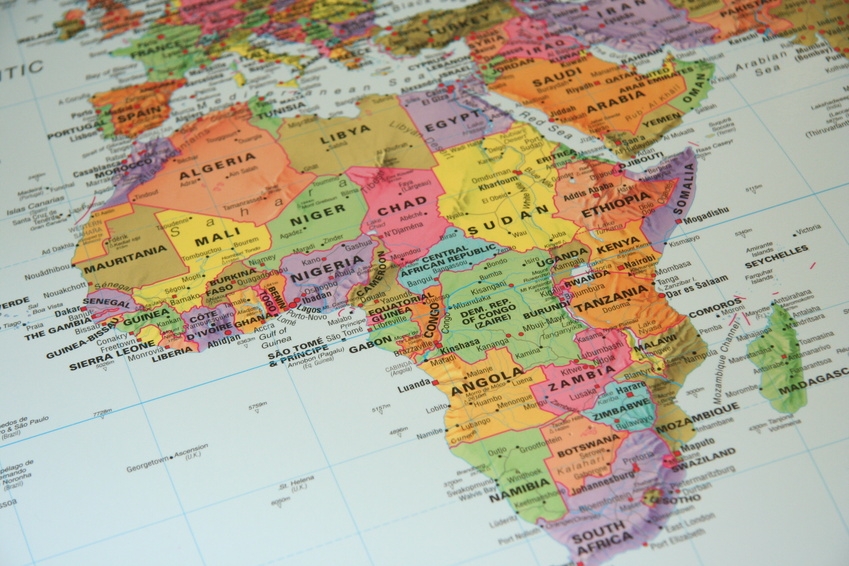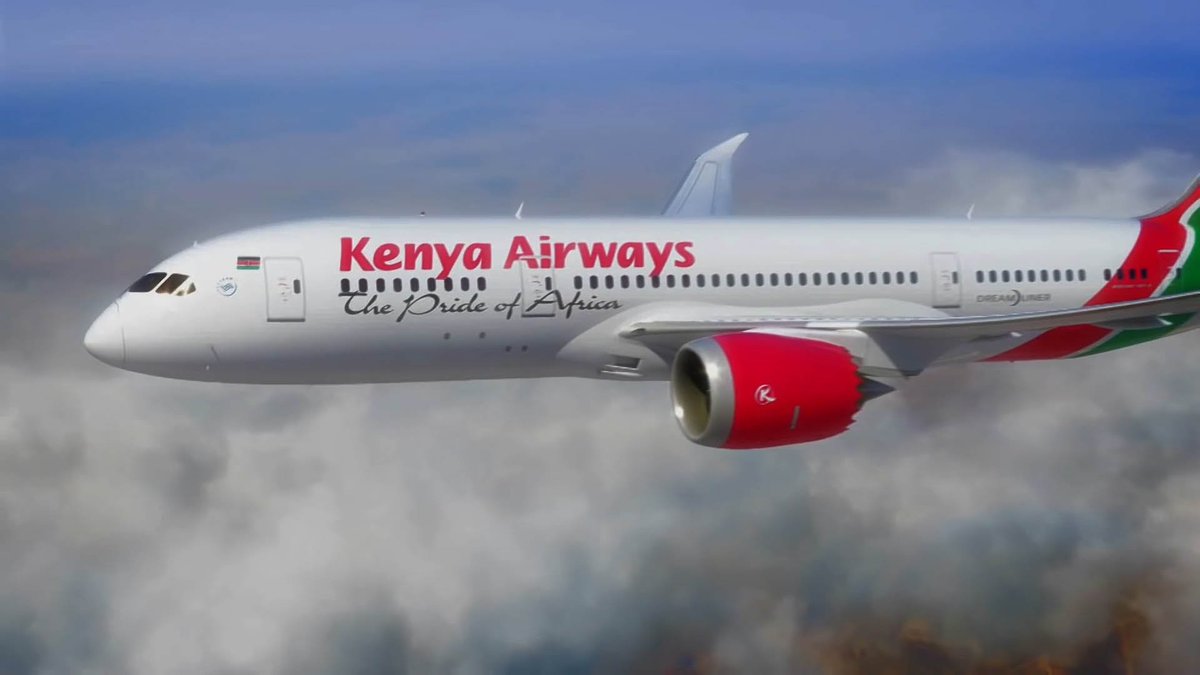About 44 of the 55 member states of the African Union have signed the largest free trade agreement since the introduction of the World Trade Organisation.
The deal brings together a market of 1.2 billion people with a total gross domestic product (GDP) of over $3.4 trillion. The main objective of the agreement is to increase intra-African trade and depend less on the volatility of commodity prices that affect a lot of exports.
According to the chairman of the AU commission, Moussa Faki Mahamat, the agreement will be enforced by the end of this year. “States must ratify the deal, but the number of countries needed to put the agreement into force has not yet been agreed upon.”
“Our peoples, our business community and our youth, in particular, cannot wait any longer to see the lifting of the barriers that divide our continent, hinder its economic takeoff and perpetuate misery, even though Africa is abundantly endowed with wealth,” Mahamat stated. He urged strong follow-up to “confound those who, outside Africa, continue to think, with barely concealed condescension, that our decisions will never materialize.”
However, there are some concerns. For instance, the Nigerian president skipped the event amid objections by trade unions. South Africa might have also missed skipped the signing event. Some of the strongest and fast-growing economies such as Ethiopia, Ghana, and Kenya signed the agreement.
“Africa is stronger when we work together,” said Niger’s President Mahamadou Issoufou, who led the free trade effort.
The largest African economies expect to benefit greatly from the agreement that will eradicate trade barriers and tariffs. However, some of those economies are concerned that “more people from the poorer countries will migrate their way.”



